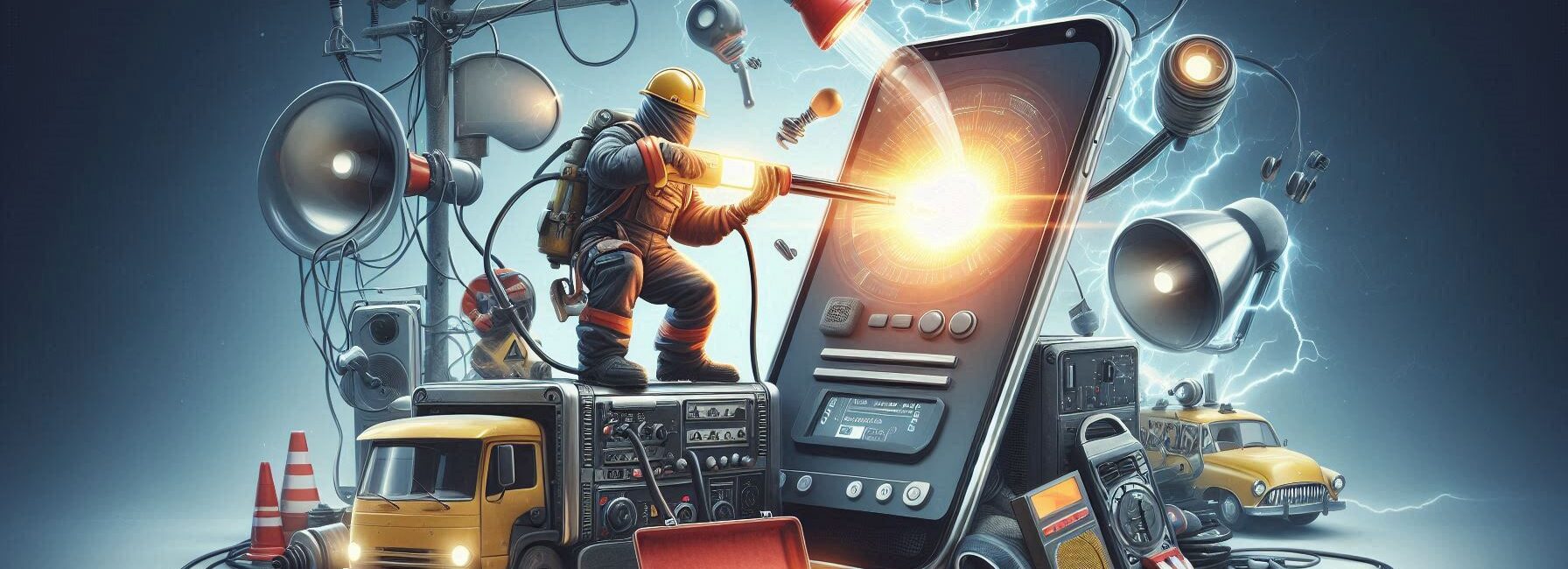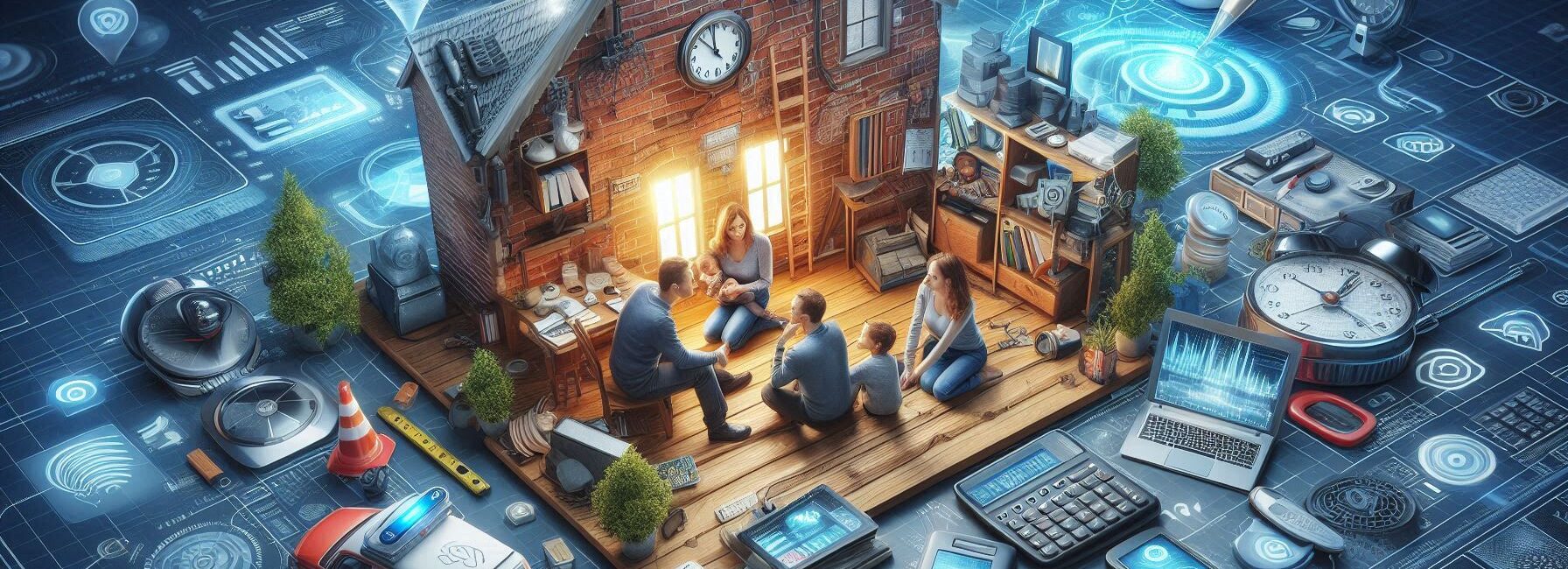What do you think of when you think about survival? It could be making a shelter, starting a fire, or looking for food. But I have to say, survival communication is one of the most important talents that people don’t talk about enough. What if you were out in the […]
Communication and Networking
Top Takeaways and Key Concepts Develop distinct visual signals (flags, lights, mirrors) and practice their meanings. Choose reliable messaging tools (satellite phone, two-way radio, signal beacon) and keep them charged. Pre-program emergency contacts and GPS coordinates into your communication devices ahead of crises. Establish simple protocols for distress signals (three […]
Top Takeaways and Key Concepts Establish a 3-3-3 Radio Plan: Set a schedule to check in every 3 hours for 3 minutes on Channel 3. Utilize Multiple Radio Bands: Incorporate FRS, GMRS, MURS, and HAM frequencies for diverse communication needs. Pre-program Essential Frequencies: Store local emergency, repeater, and distress frequencies […]
Top Takeaways and Key Concepts Establish a Clear Communication Chain: Designate primary and backup contacts for each family member. Utilize Multiple Communication Methods: Incorporate text messages, emails, and social media for diverse reach. Regularly Update Contact Information: Ensure all details are current and accessible to all members. Conduct Regular Drills: […]
Top Takeaways and Key Concepts Use a Portable Power Station: Opt for solar-powered models to keep devices charged during blackouts. Employ Hand-Crank or Solar Radios: These radios function without electricity, providing reliable emergency communication. Utilize Car Chargers: Keep a car charger handy to power devices when at home. Maintain Spare […]
Top Takeaways and Key Concepts Choose the right radio type: Pick walkie-talkies for short range or ham radios for distance. Get licensed if required: Obtain a ham radio license before broadcasting on regulated frequencies. Form a prepper network: Assign roles, schedule check-ins, and keep communication consistent. Prepare reliable gear: Use […]
Top Takeaways and Key Concepts Build a support network of friends, family, and neighbors for emergencies. Organize meetups, workshops, or online forums to connect with like-minded people. Set up group messaging, bulletin boards, and regular check-ins for communication. Pool resources, skills, and supplies to help each other during crises. Create […]
Top Takeaways and Key Concepts Create a family communication plan with meeting spots and key contacts. Assign roles to household members based on skills and responsibilities. Use multiple tools: phones, two-way radios, and social media groups. Keep emergency contact lists updated and share them with everyone. Establish non-verbal signals like […]
Top Takeaways and Key Concepts Limit news sources to a few trustworthy outlets to reduce overwhelm. Use alternative media like podcasts, blogs, and independent sites for diverse viewpoints. Verify information by checking credentials, cross-referencing sources, and assessing transparency. Follow reliable social media accounts and relevant hashtags for real-time crisis updates. […]
Top Takeaways and Key Concepts Create a family communication plan using calls, texts, or apps for emergencies. Make a master contact list of family, neighbors, and local emergency services. Establish clear meeting locations near home and farther away for safety. Assign roles based on age, skills, and who stays calm […]
Top Takeaways and Key Concepts Keep a fully charged satellite phone accessible for off-grid emergencies. Choose a phone with long battery life, light weight, and GPS. Practice using the device before trips to ensure quick, confident operation. Make calls from open areas with unobstructed sky for optimal signal. Establish emergency […]













